GLP-1 Breakthrough Drug for Weight Loss and Its Natural Alternatives
In recent years, the pharmaceutical world has witnessed the rise of a new blood-sugar management pharmaceutical class, known as GLP-1 receptor agonists, which has gained significant attention due to its effectiveness in weight loss. These medications belong to a class of drugs called anti-diabetic medication (1). Let's delve into what this new pharmaceutical class is, how it works on the body, why it has garnered publicity, and explore natural compounds that utilize similar pathways for weight management.
A receptor agonist is a man-made key
A receptor agonist can plug into an area of the body
A receptor agonist can produce the same effect as a naturally occurring key!
Blog Contents
Understanding the New GLP-1 Blood-sugar Management Drugs
The new pharmaceutical class consists of injectable medications approved by the U.S. Food and Drug Administration (FDA) for the treatment of type 2 diabetes. Though they are meant to reduce blood sugar, they have also been found to promote weight loss as a secondary benefit. These medications contain synthetic versions of a naturally occurring hormone called glucagon-like peptide-1 (GLP-1). (2)
Glucagon-like peptide 1 (GLP-1) is a hormone produced in the L-cells of the small intestine and is released in response to food intake. It plays a significant role in blood sugar regulation, particularly in the regulation of insulin and glucagon secretion. (3)
Insulin is the hormone that is released when we have sugar, it helps the body take the sugar in its tissues and clear it from the blood
Glucagon is the hormone that is released when we are fasting, and it works to break down glycogen (stored sugar) so that it becomes available when our body is in starvation mode
How GLP-1 Works in the Body
GLP-1 is critical for insulin secretion, as it triggers signalling pathways in pancreatic beta cells to activate insulin release in response to rising glucose levels following a meal. Insulin, in turn, supports glucose uptake into cells, helping to lower blood sugar levels.
GLP-1 not only lowers blood glucose levels but also inhibits the release of glucagon - a hormone that spikes blood sugar levels. By suppressing the secretion of glucagon and reducing glucose production, GLP-1 helps control blood sugar levels.
GLP-1 agonists also work to make patients feel full for longer. This is because gastric emptying is slowed by GLP-1, meaning that food moves more slowly from the stomach to the small intestine. This controlled pace helps to regulate the release of nutrients into the bloodstream, ultimately leading to improved glucose control after a meal. (2)
Thus, the hormone GLP-1 (and the pharmaceutical GLP-1 agonists) brings two weight management benefits: satiety and appetite regulation (they keep the patient full). Specifically, GLP-1 signals to a part of our brain known as the hypothalamus to control appetite and diminish hunger while enhancing the feeling of fullness. By reducing food intake, GLP-1 helps with weight management and overall health. (1,2)
Our pancreas has two different types of cells. The pancreas has both alpha and beta cells. Beta cell protection is one of the many benefits of GLP-1 agonists. Beta cells are responsible for insulin production and release, which are vital for healthy blood sugar regulation. GLP-1 signalling has been shown to improve their function, increase their survival rate, and shield them from stressors. These attributes ultimately support optimal insulin secretion, thus promoting a healthier metabolic process. (2)
Thus, we can now understand that the vital function of GLP-1 in the body is what brought it into the light and made it a focal point for the creation of pharmaceutical drugs known as GLP-1 receptor agonists. These drugs emulate the actions of GLP-1 and treat type 2 diabetes by simply boosting insulin secretion, protecting pancreatic cells from damage, repressing glucagon release, delaying gastric emptying, and promoting weight loss. (2)
Publicity and Success
Though blood sugar management is the main use of GLP-1 agonists, the new pharmaceutical class has gained significant attention due to its remarkable efficacy in weight reduction. Clinical trials reveal that patients treated with these drugs achieved considerable weight loss compared to those taking a placebo. Healthcare professionals and individuals struggling with obesity are showing increasing interest, given traditional weight loss methods' limited efficacy in delivering the desired results. Ultimately, GLP-1 agonists offer more effortless weight management.

Weight Loss Benefits of the New Pharmaceutical Class
Though weight loss might be one reason for favouring the GLP-1 agonist drug class, the drugs can have health benefits that go beyond physical appearance. The drugs' ability to reduce appetite and increase satiety can help individuals control their caloric intake, leading to sustainable body mass/ composition control. Weight loss achieved with the new pharmaceutical class has positively affected other health markers, such as improved blood pressure and cholesterol levels.
Side Effects of GLP-1 Receptor Agonists:
The side effects associated with using drugs from the new pharmaceutical class for weight loss can range from mild to severe. Common side effects may include nausea, constipation, diarrhea, and headaches. Rare, more serious side effects include dizziness, confusion, and an increased risk of kidney problems and pancreatitis (inflammation of the pancreas). Other risks associated with taking drugs from the new pharmaceutical class include a potential increase in low blood sugar levels (hypoglycemia) and symptoms of dehydration.
Using synthetic GLP-1 agonists can also have some health disadvantages. Natural GLP-1 is meant to be broken down before leaving the gut and thus is likely meant to work on the sensory neurons of the gut; however, synthetic GLP-1 agonists are resistant to degradation and can exit the gut. This means that there may be potential for increased side effects as well as other potential negative outcomes, such as changes in brain activity due to prolonged exposure to synthetic GLP-1 agonists outside the gut. Additionally, these drugs no longer act just on the sensory neurons in the gut but may also affect other parts of the body in ways we do not yet fully understand.
Natural Alternatives that Affect Blood Sugar
While the new pharmaceutical class offers an effective pharmaceutical solution for diabetic weight management, some natural compounds also target the same pathways in the body, aiding in weight management. Some examples include:
-
GLP-1 Receptor Agonist Foods: Certain foods like salmon, chia seeds, and flaxseeds contain natural GLP-1 receptor agonists. Including these foods in a balanced diet can impact appetite regulation (6, 7)
-
Black Seed Oil: Studies suggest that black seed oil may promote GLP-1 secretion, which can help reduce hyperglycemia in diabetic rats (8)
-
Black Soybean: Research on black soybean extract indicates effects on vascular functions and GLP-1 secretion (9)
-
Black Raspberry Seeds: Ellagitannins from black raspberry seeds have been found to induce GLP-1 secretion and have anti-inflammatory effects (10)
-
Fiber-rich Foods: High-fiber foods like fruits, vegetables, whole grains, and legumes can slow digestion, promote satiety, and assist in weight management (6)
- Regular Exercise: Engaging in regular physical activity not only burns calories but also affects appetite-regulating chemicals, including GLP-1. Exercise can increase GLP-1 production, leading to improved weight management (7)
The Role of Black Seed Oil in GLP-1 Blood Sugar Regulation
The effect of black seed oil on blood sugar regulation is an area that has been investigated in both animal and human studies, but the evidence is still limited and requires further research. Here's what we currently know:
Blood Sugar Regulation
Black seed oil contains various bioactive compounds, including thymoquinone, which has been suggested to have anti-diabetic effects. Some studies have shown that black seed oil may help improve blood sugar levels by enhancing insulin sensitivity and increasing glucose uptake by cells. It is believed that these effects are mediated through various mechanisms, such as antioxidant activity, modulation of signalling pathways, and protection of pancreatic beta cells.
Black Seed Oil and Diabetic Humans
Several human studies were found evaluating the effect of black seed on people with type 2 diabetes. The first study found that taking 1 g/day of black seed increased good cholesterol levels, while taking 2 and 3 g/day decreased bad cholesterol levels and improved good cholesterol levels.
The second study found that taking 2 g/day of black seed improved blood sugar levels (fasting, post-meal, and long-term regulation) and insulin resistance without causing any side effects (liver or kidney) in patients with type 2 diabetes. (11)
Black Seed Appetite Suppression/Satiety
An extract of black seed demonstrated significant weight loss benefits in rats, including a 25% reduction in food intake and improved lipid (fat) profile and insulin sensitivity. The extract was found to have an anorexic effect (appetite suppression) that decreases both food intake and body weight while also activating certain pathways that are involved in insulin-sensitizing action.
Other studies have confirmed that black seed extracts can decrease body weight in diabetic rats and those with metabolic syndrome. The study concludes that black seed may also reduce insulin resistance in individuals with type 2 diabetes, resulting in faster weight loss. However, more research is needed to fully comprehend the weight-lowering effects of black seed on diabetes. (11)
Weight Management and Appetite
Black seed oil has been suggested to have potential effects on weight management and appetite regulation.
A 2023 systematic review that included 21 studies, with 1,454 participants, reviewed the existing research on the impact of black seed supplementation on body weight (BW), body mass index (BMI), waist circumference (WC), hip circumference (HC), and waist-to-hip ratio (WHR).
The findings suggest that black seed supplementation resulted in significant reductions in BW and BMI when compared to a placebo group.
Overall, the study suggests that black seed supplementation can be recommended as an adjunctive intervention in obesity management based on its efficacy in reducing body weight and BMI. (11)
Conclusion
A new pharmaceutical class of drugs has emerged as a revolutionary approach for weight loss, thanks to its dual action of regulating blood sugar levels and suppressing appetite. Its effectiveness in shedding excess weight has propelled it into the spotlight, offering hope to individuals struggling with obesity. It is important to remember that these drugs are meant for those who need them medically, not just for weight regulation. As drugs, they come with side effects that are only worth risking in the case of a medical need.
For healthy individuals looking for weight management support, it's important to consider natural alternatives that utilize similar pathways, as they can complement a healthy lifestyle and aid in weight management. Remember to consult with healthcare professionals to determine the most suitable approach for your unique circumstances.
Article References:
- Rubino D, Abrahamsson N, Davies M, Hesse D, Greenway FL, Jensen C, Lingvay I, Mosenzon O, Rosenstock J, Rubio MA, Rudofsky G. Effect of continued weekly subcutaneous vs. placebo on weight loss maintenance in adults with overweight or obesity: the STEP 4 randomized clinical trial. Jama. 2021 Apr 13;325(14):1414-25.
- O'Neil PM, Birkenfeld AL, McGowan B, Mosenzon O, Pedersen SD, Wharton S, Carson CG, Jepsen CH, Kabisch M, Wilding JP. Efficacy and safety of compared with liraglutide and placebo for weight loss in patients with obesity: a randomised, double-blind, placebo, and active-controlled, dose-ranging, phase 2 trial. The Lancet. 2018 Aug 25;392(10148):637-49.
- Holst JJ. The physiology of glucagon-like peptide 1. Physiological reviews. 2007 Oct;87(4):1409-39.
- Domae C, Nanba F, Maruo T, Suzuki T, Ashida H, Yamashita Y. Black soybean seed coat polyphenols promote nitric oxide production in the aorta through glucagon-like peptide-1 secretion from the intestinal cells. Food & function. 2019;10(12):7875-82.
- Bodnaruc AM, Prud’homme D, Blanchet R, Giroux I. Nutritional modulation of endogenous glucagon-like peptide-1 secretion: a review. Nutrition & metabolism. 2016 Dec;13(1):1-6.
- Chanoine JP, Mackelvie KJ, Barr SI, Wong AC, Meneilly GS, Elahi DH. GLP‐1 and appetite responses to a meal in lean and overweight adolescents following exercise. Obesity. 2008 Jan;16(1):202-4.
- Lee SP, Kuo FY, Cheng JT, Wu MC. Thymoquinone activates imidazoline receptor to enhance glucagon-like peptide-1 secretion in diabetic rats. Archives of Medical Science. 2019;18(6).
- Domae C, Nanba F, Maruo T, Suzuki T, Ashida H, Yamashita Y. Black soybean seed coat polyphenols promote nitric oxide production in the aorta through glucagon-like peptide-1 secretion from the intestinal cells. Food & function. 2019;10(12):7875-82.
- Kim RH, Lee GE, Lee K, Hwang KT, Park J, Lim T. Anti-inflammatory activities of black raspberry seed ellagitannins and their structural effects on the stimulation of glucagon-like peptide-1 secretion and intestinal bitter taste receptors. Food & Function. 2023 Jun 1;105:105565.
- Heshmati J, Namazi N. Effects of black seed (Nigella sativa) on metabolic parameters in diabetes mellitus: A systematic review. Complementary therapies in medicine. 2015 Apr 1;23(2):275-82.
- Naghsh N, Moridpour AH, Kavyani Z, Musazadeh V, Jafarzadeh J, Safaei E, Clark CC, Faghfouri AH. The effect of Nigella sativa (black seed) supplementation on body weight and body composition: A GRADE-assessed systematic review and dose-response meta-analysis of randomized controlled trials. Journal of Functional Foods. 2023 Jun 1;105:105565.









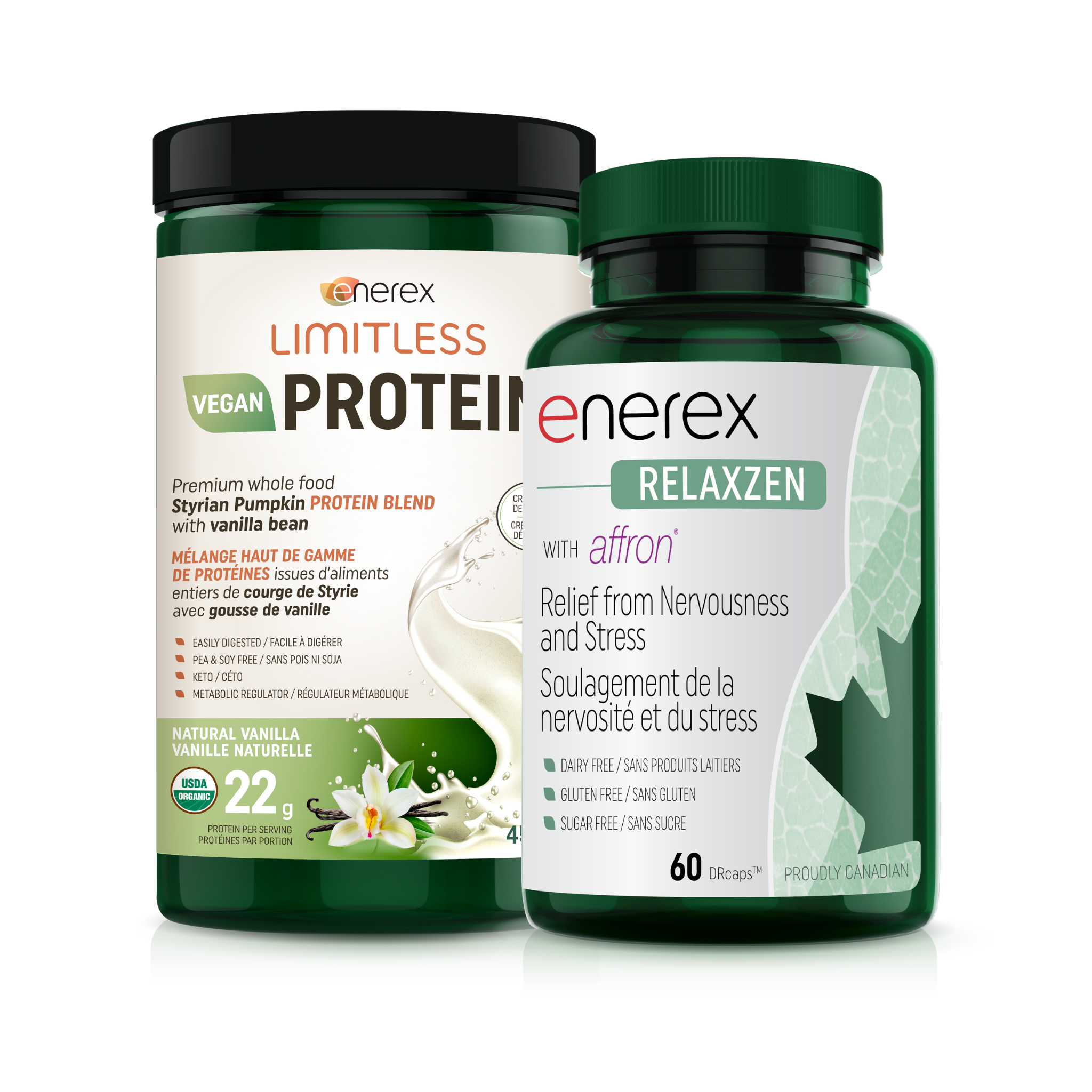
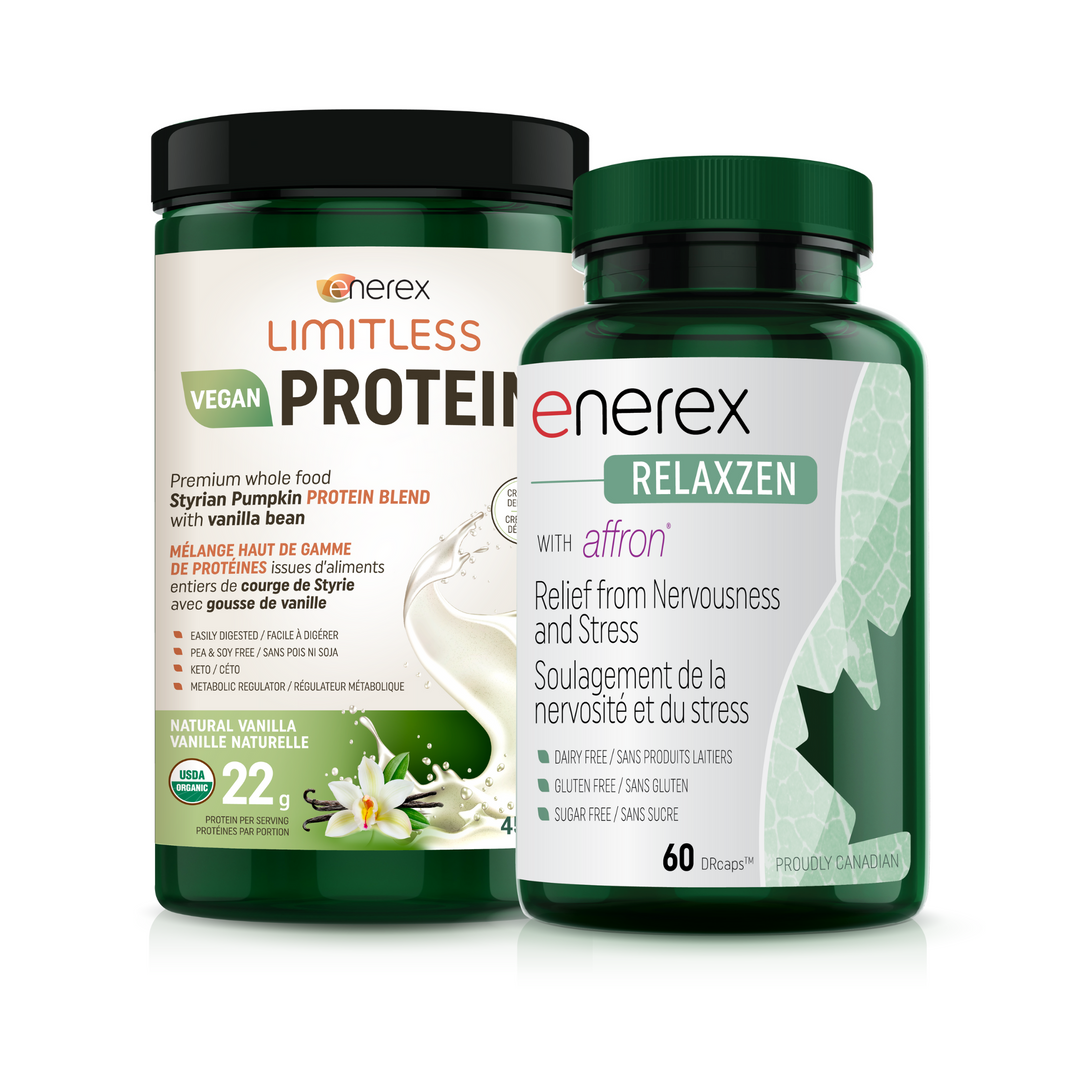








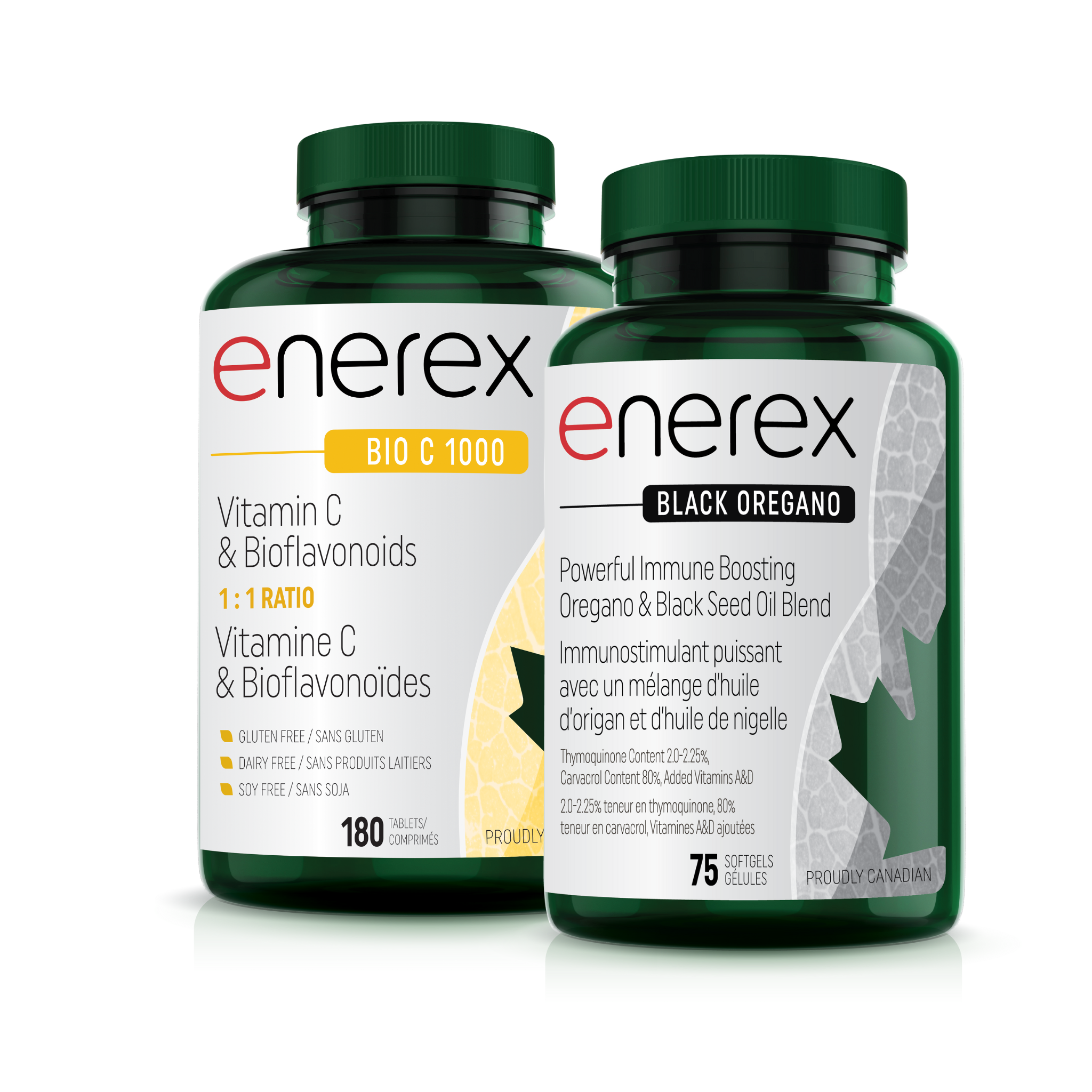
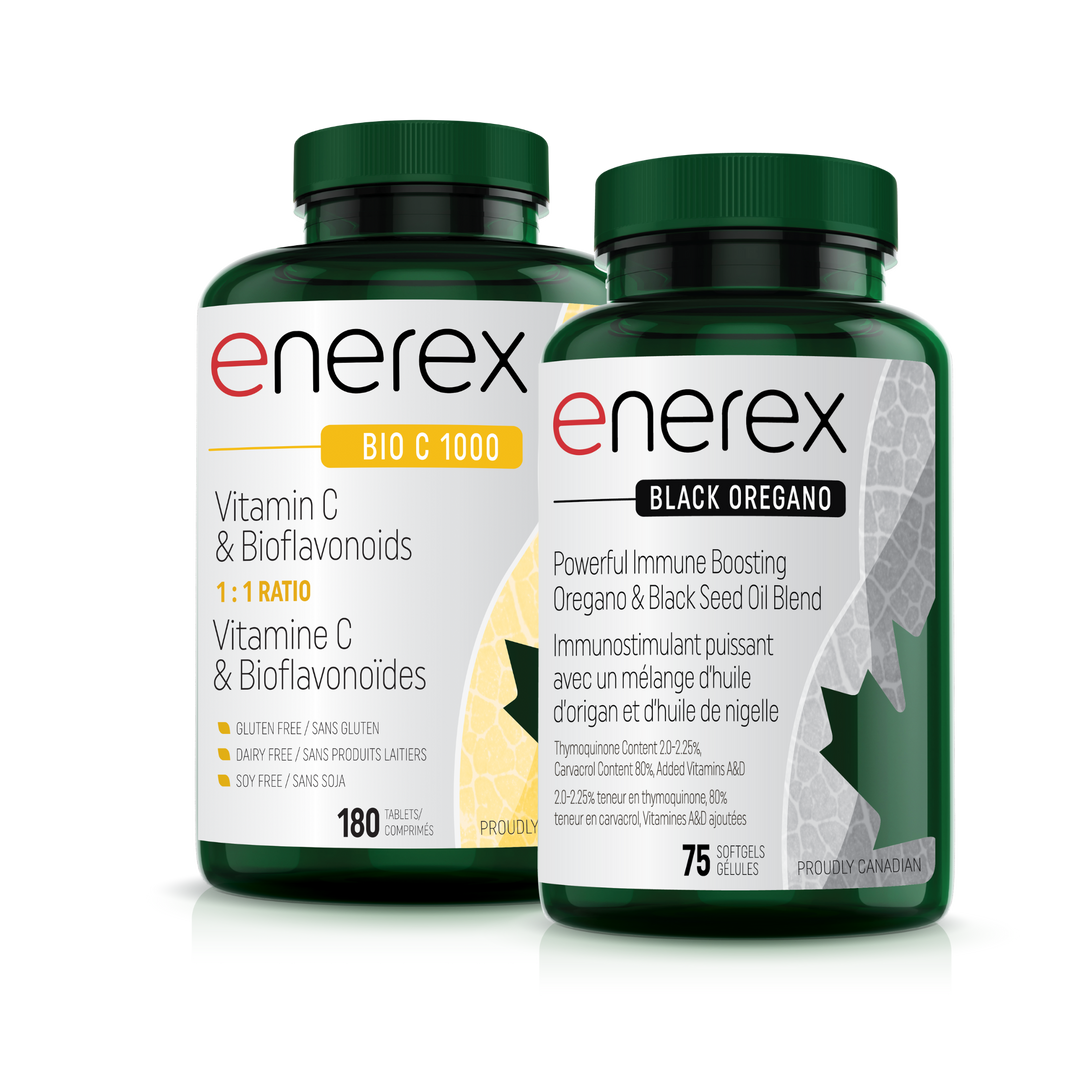


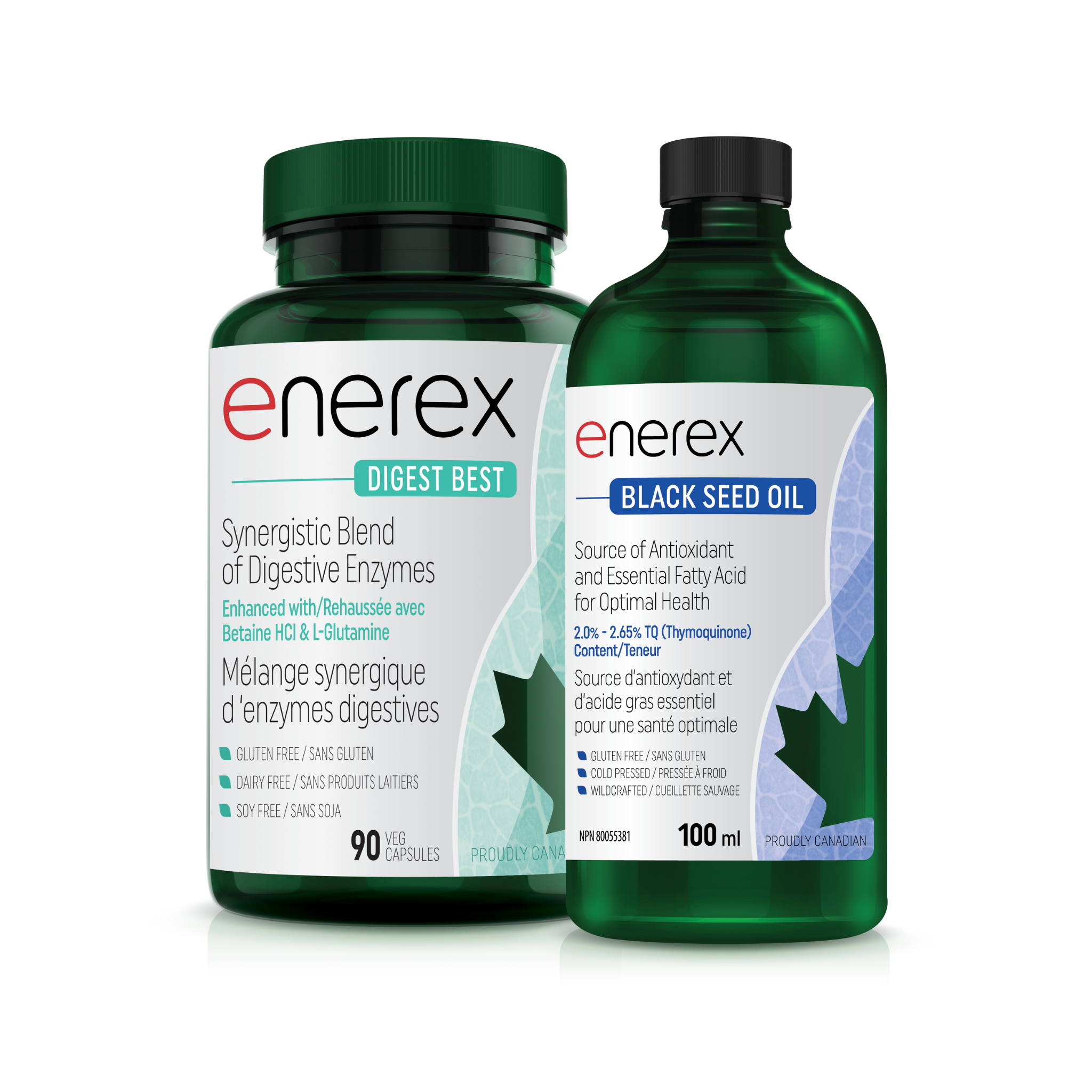
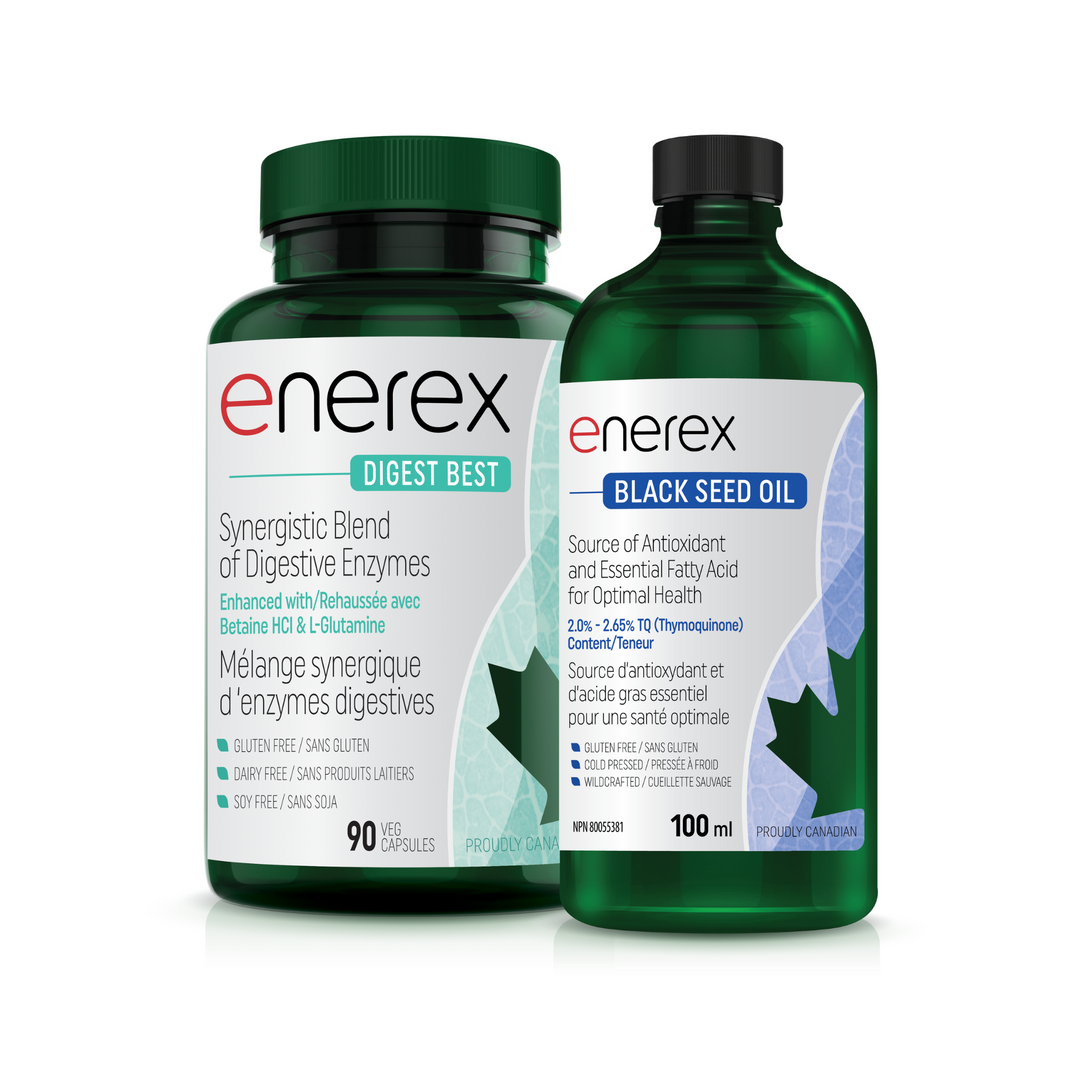
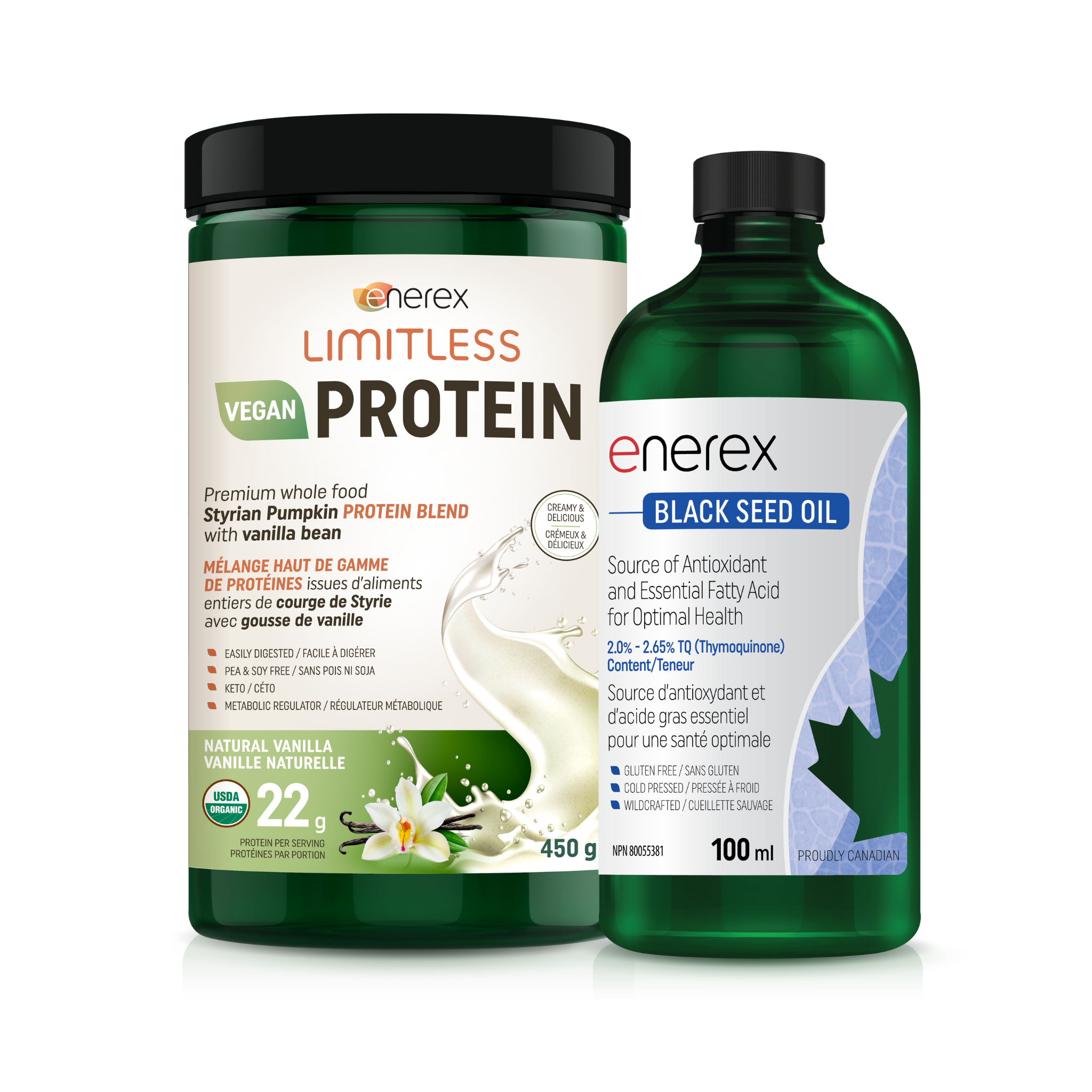
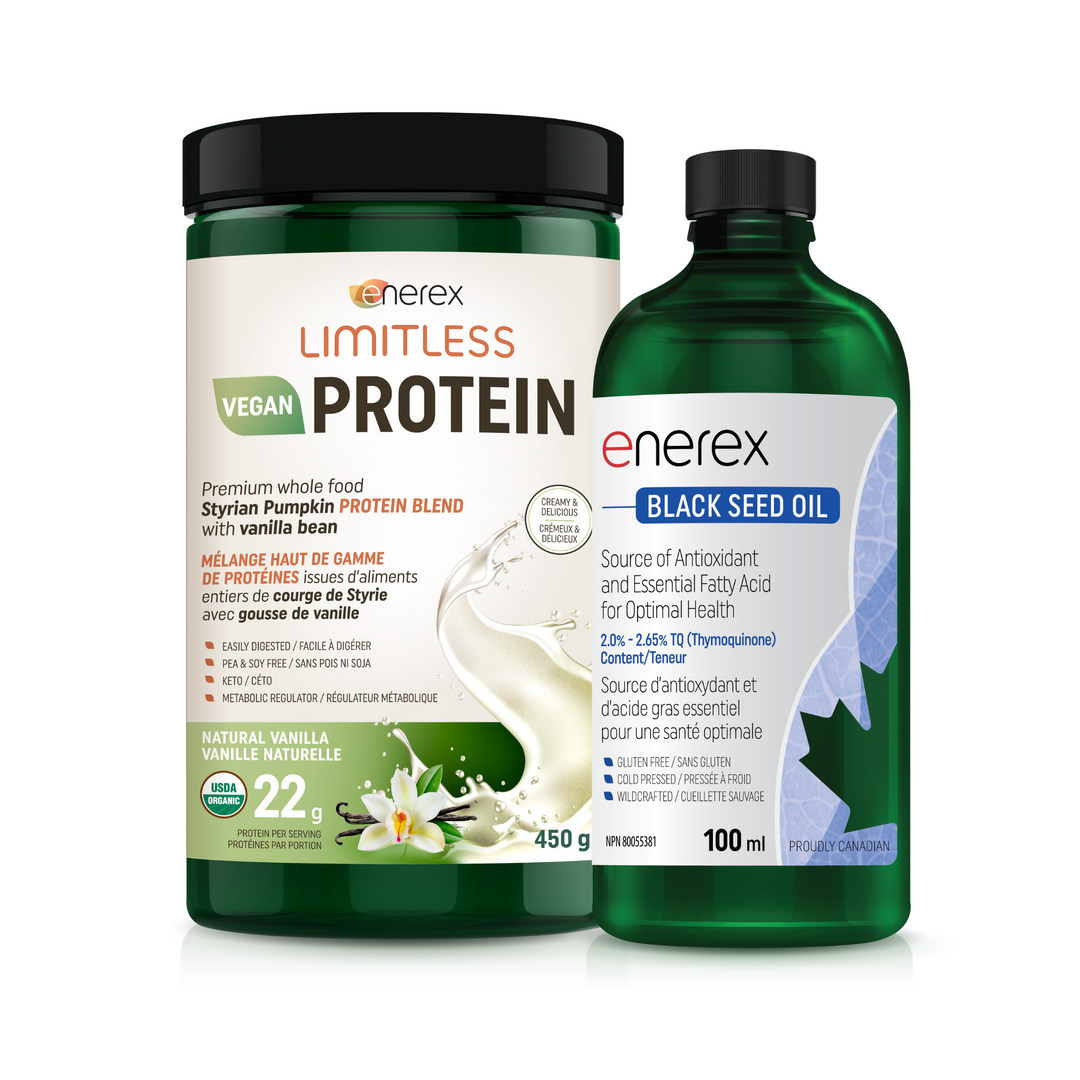
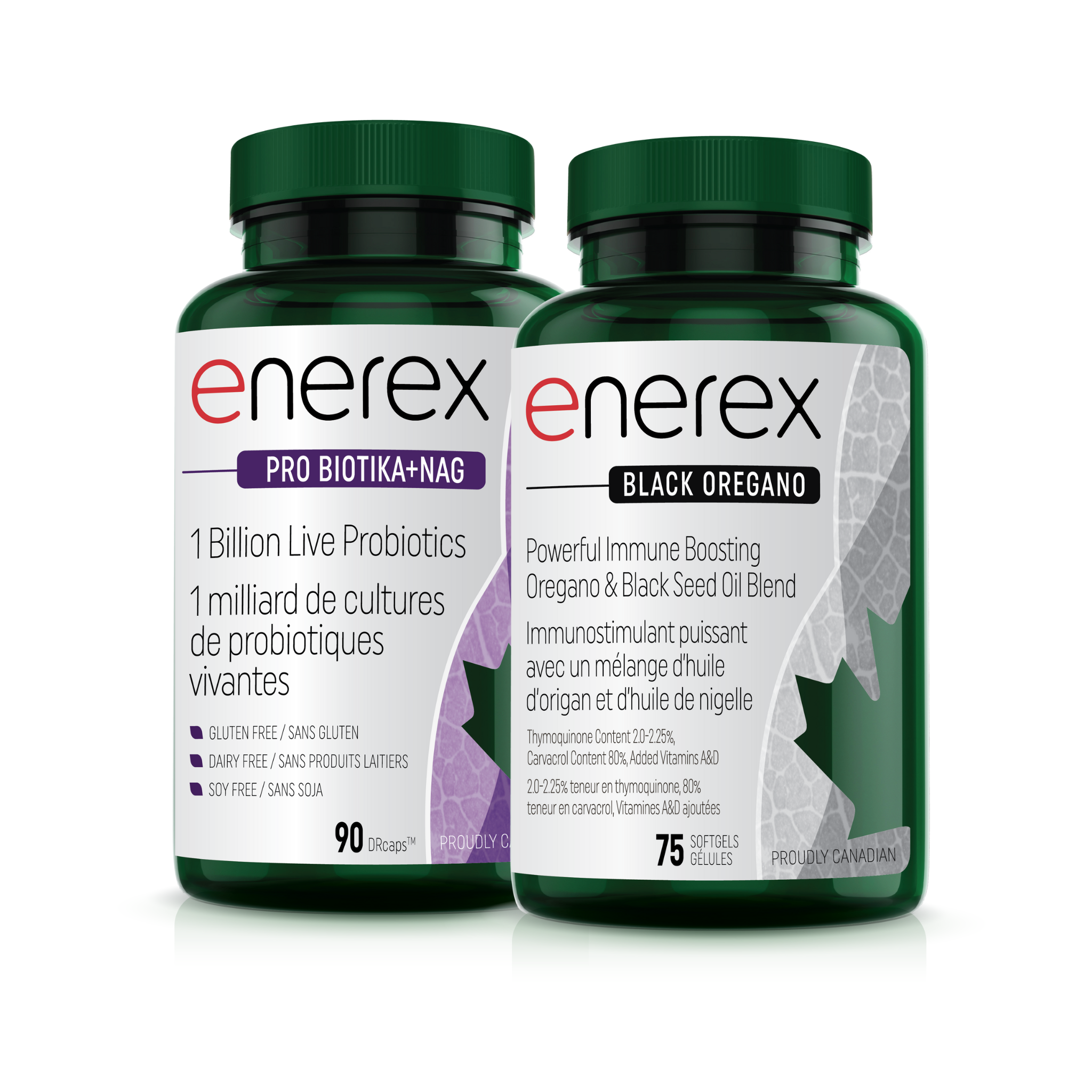
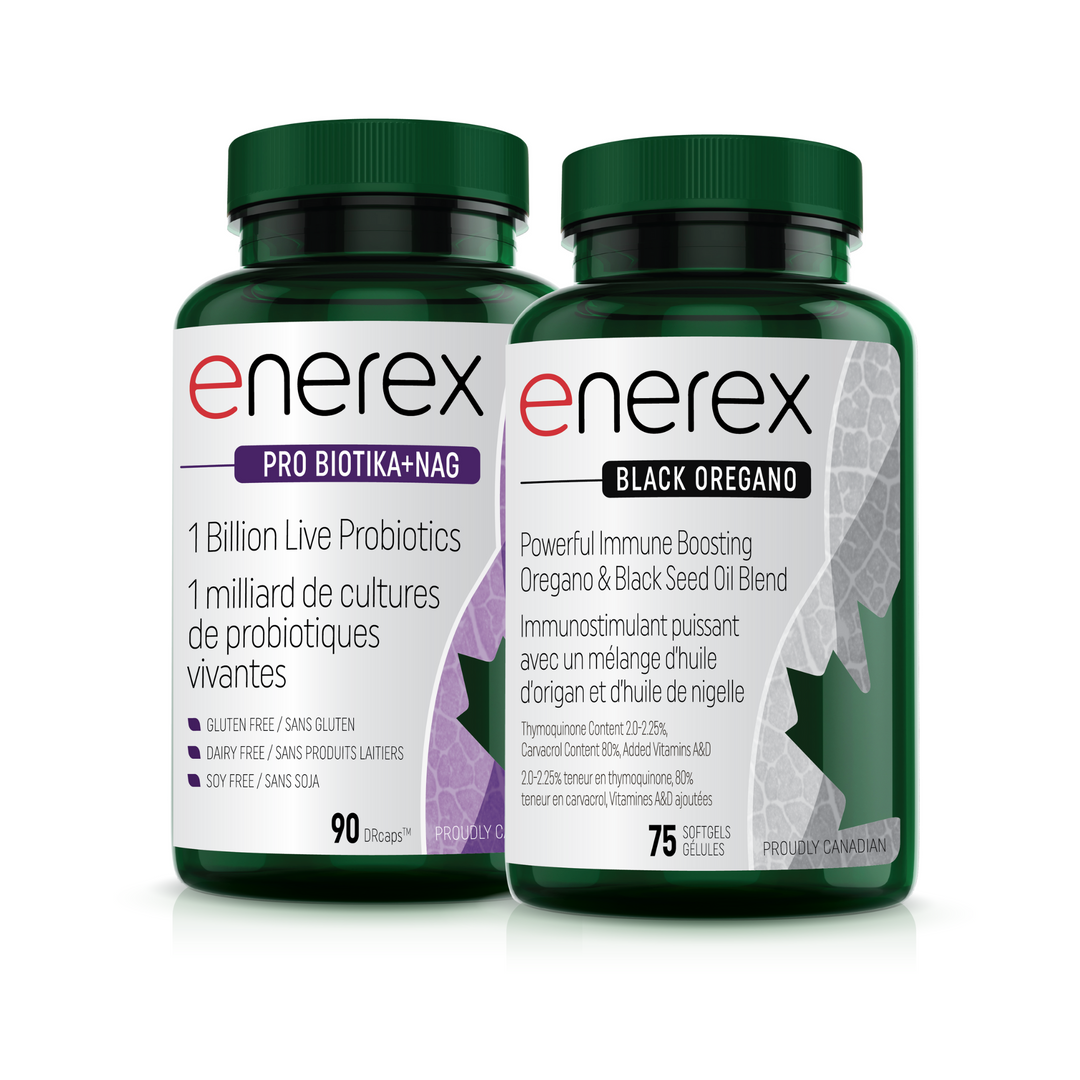
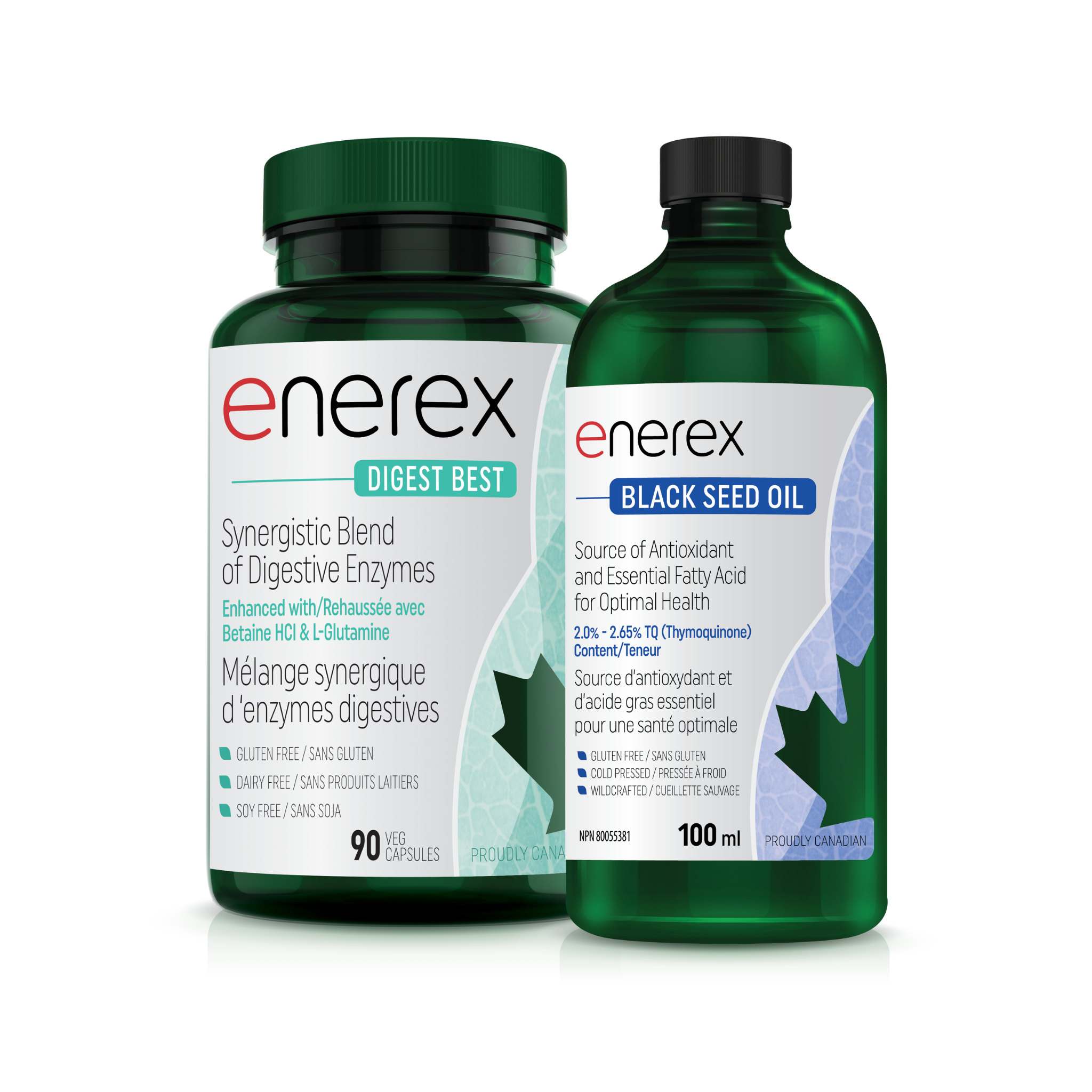
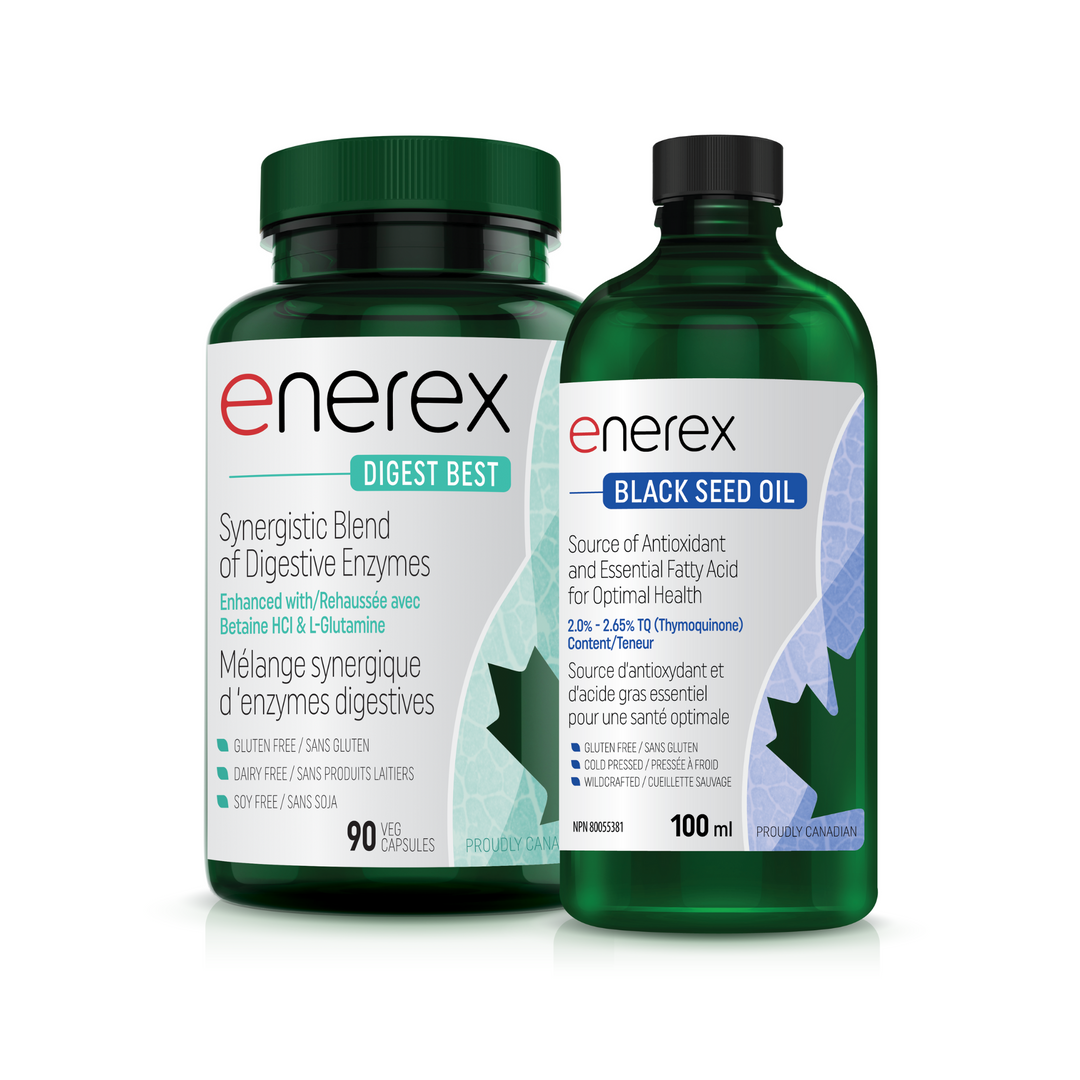


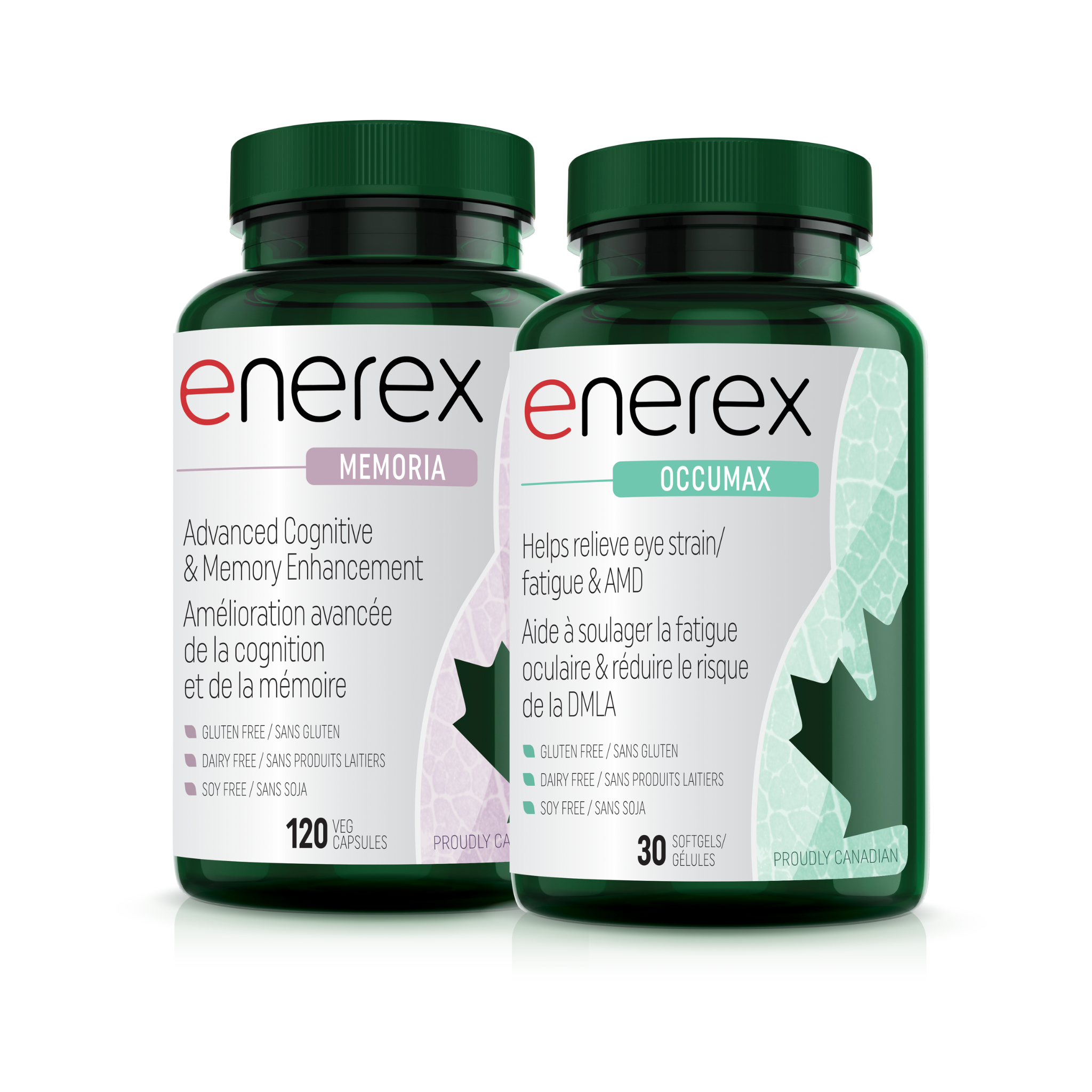
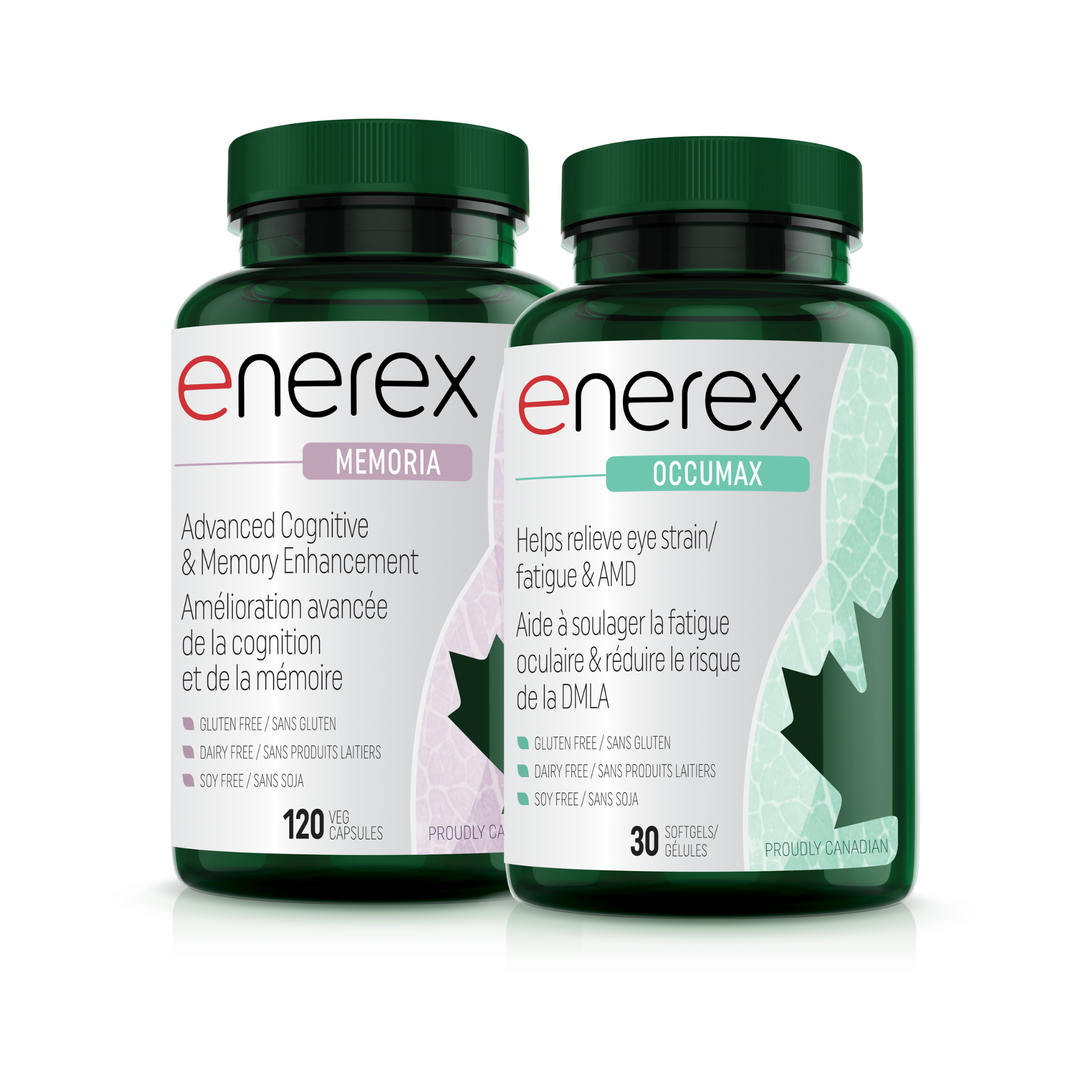
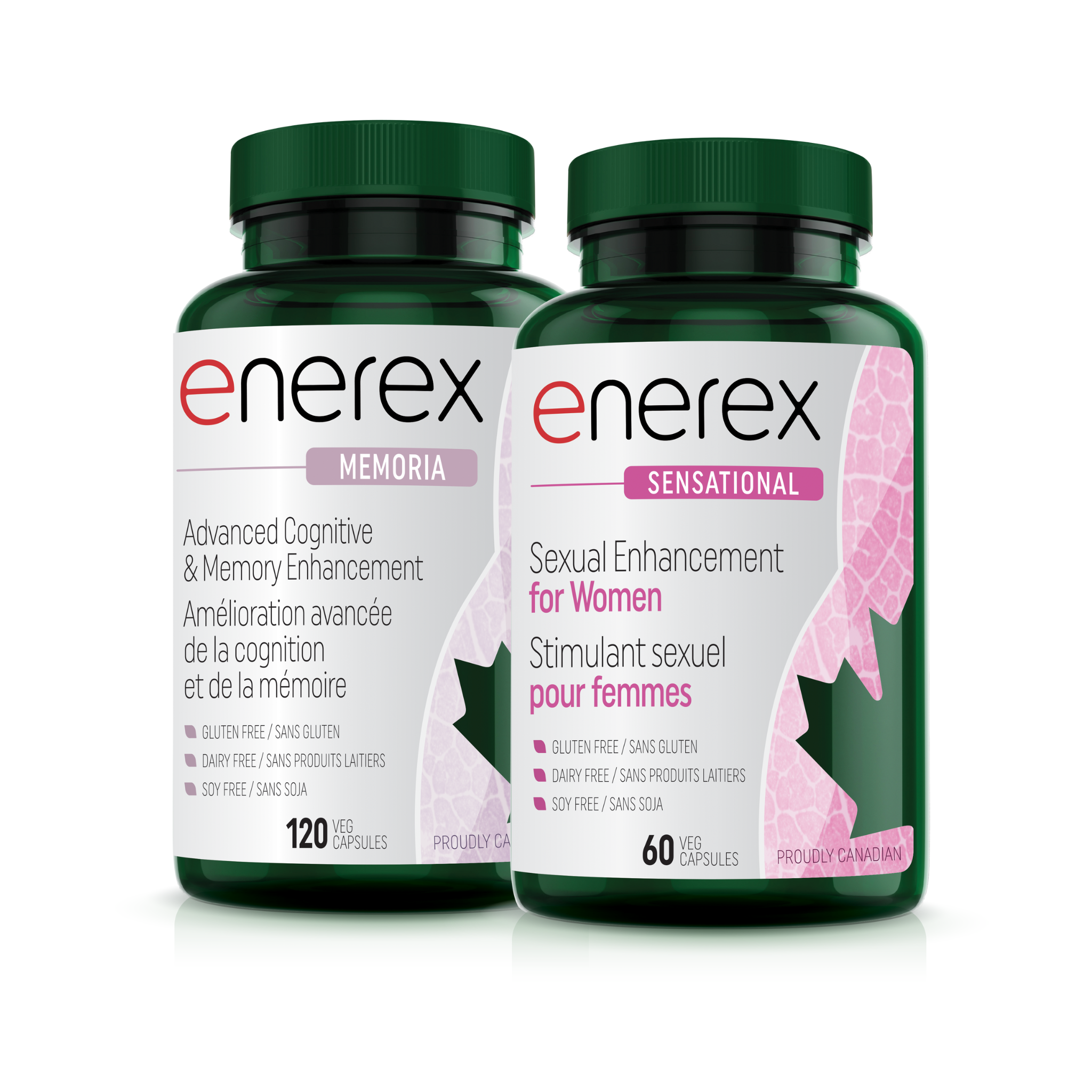
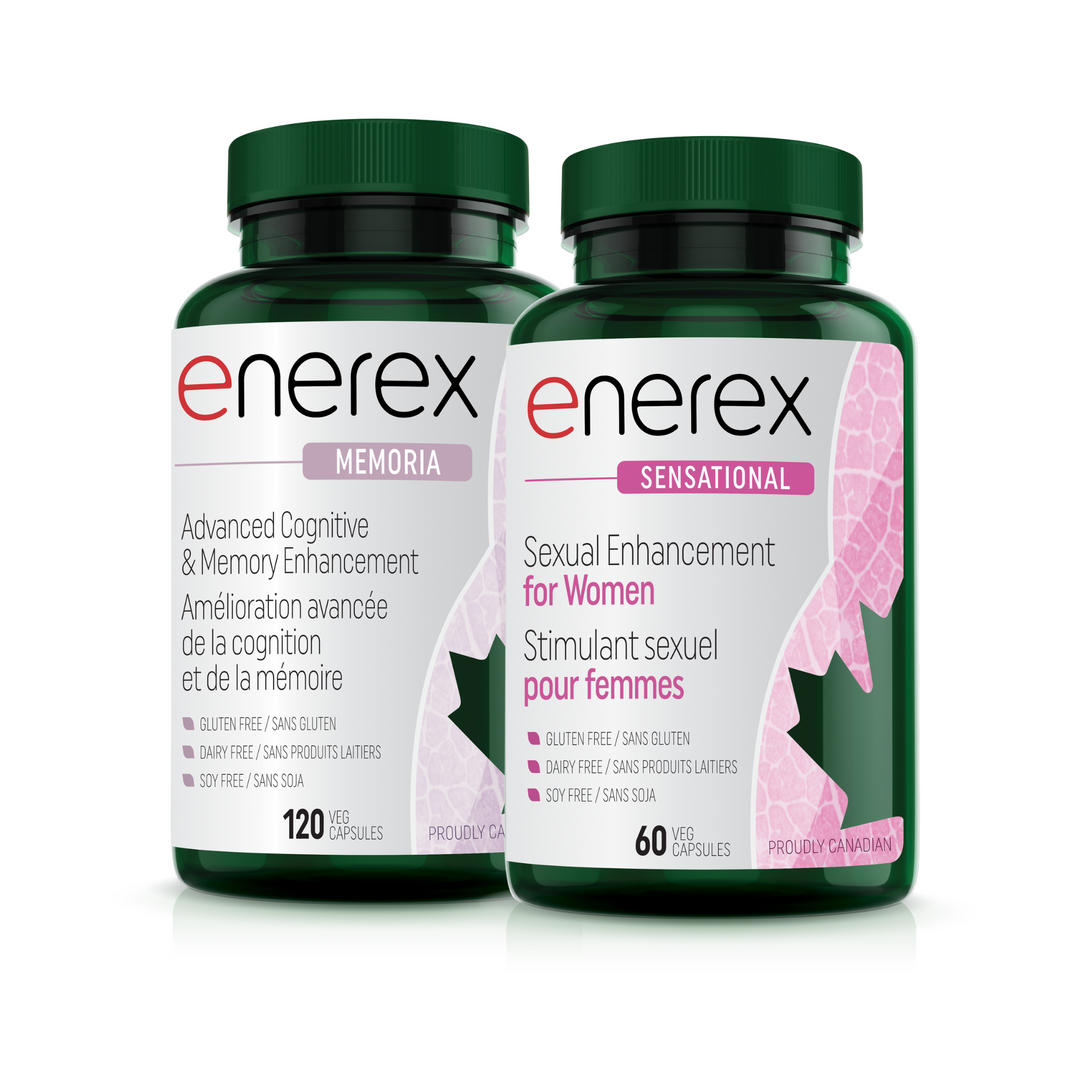

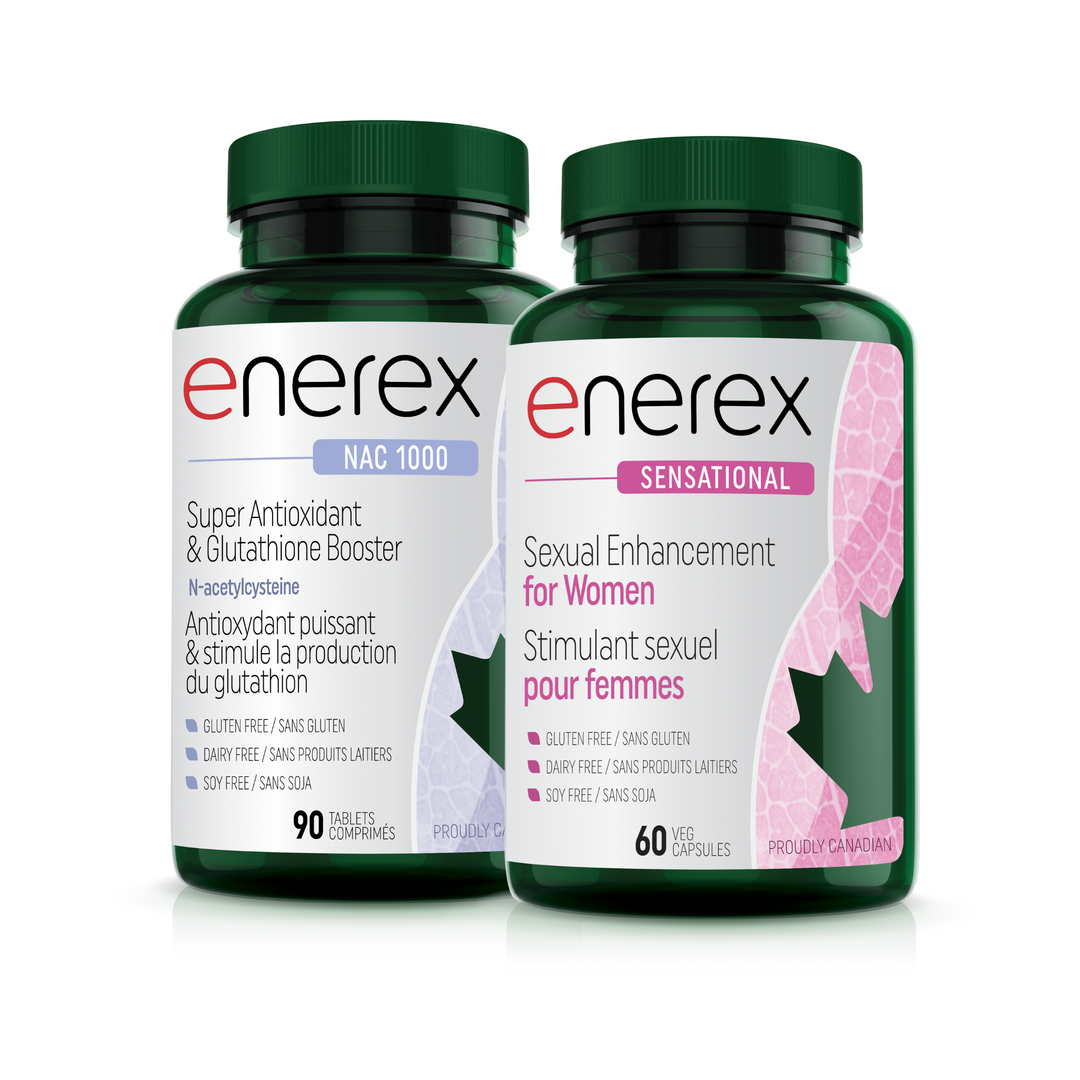


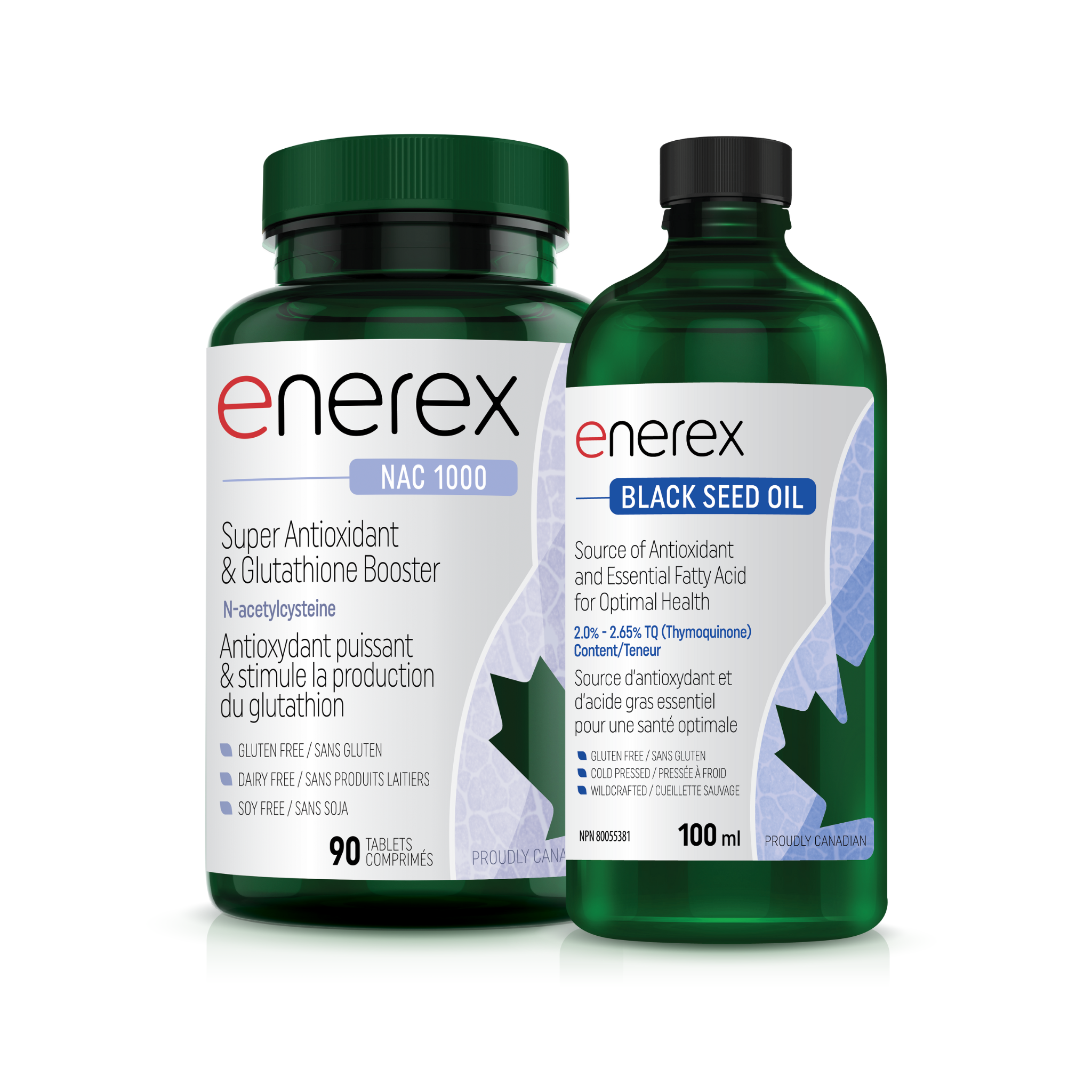
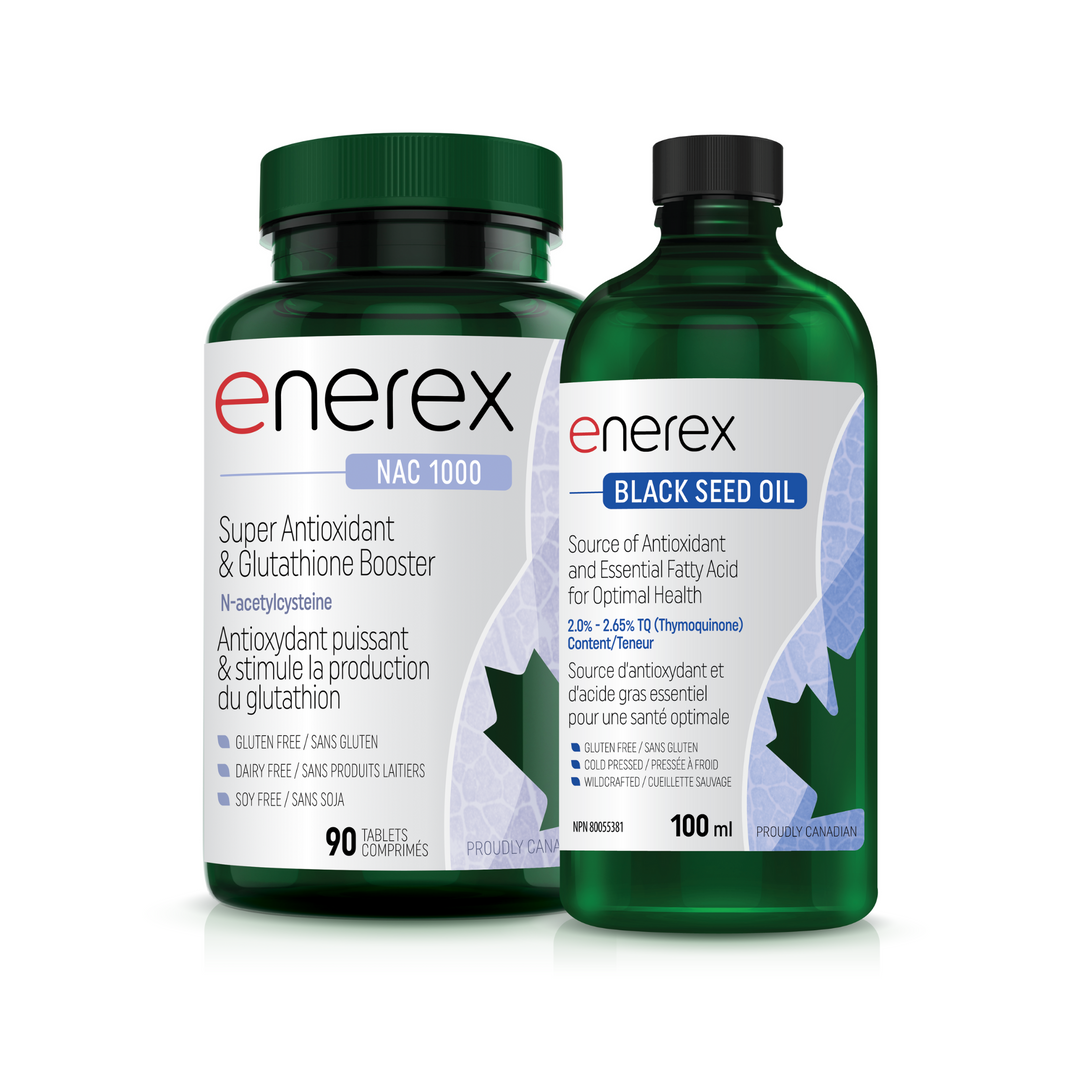








Leave a comment